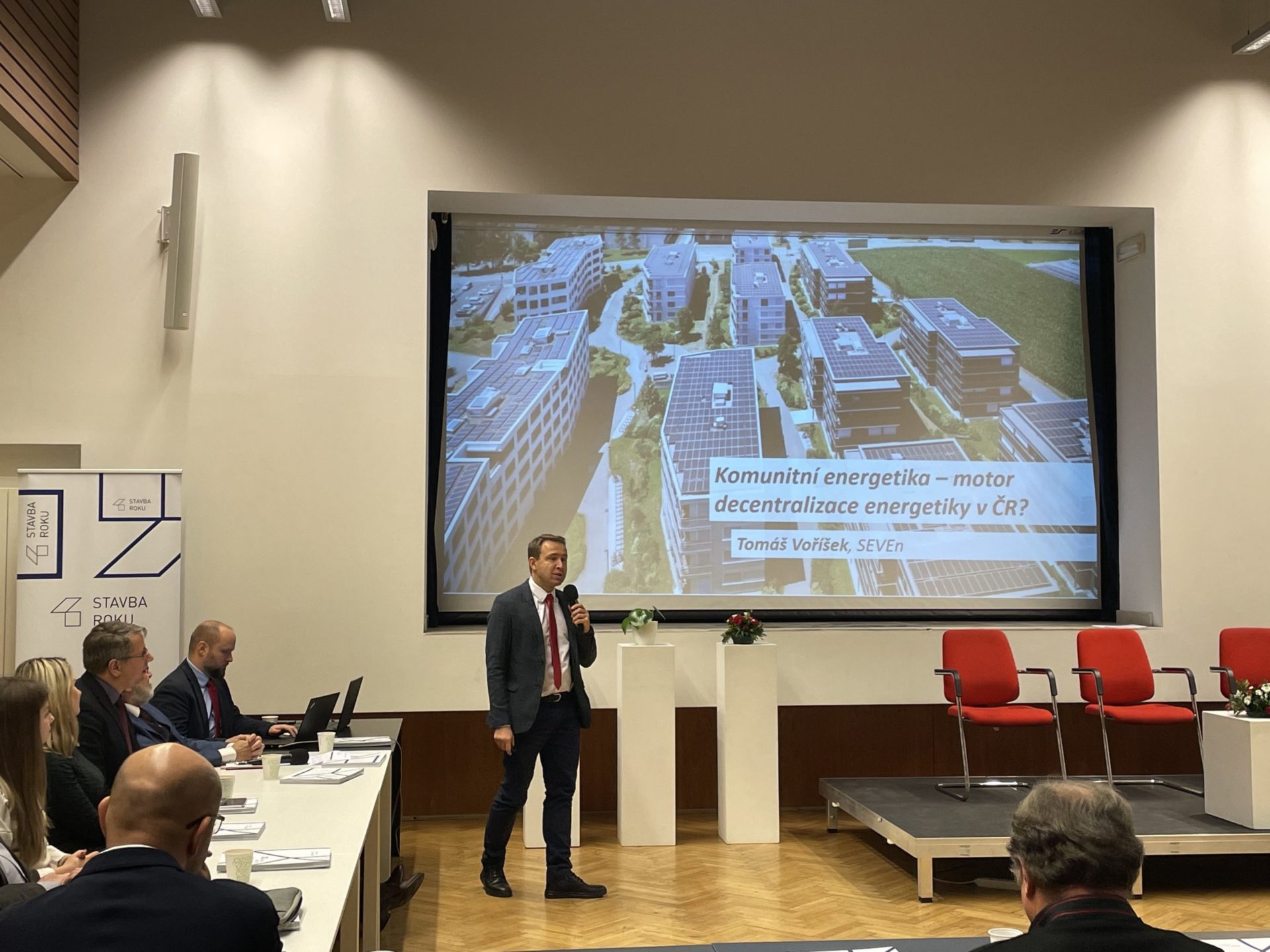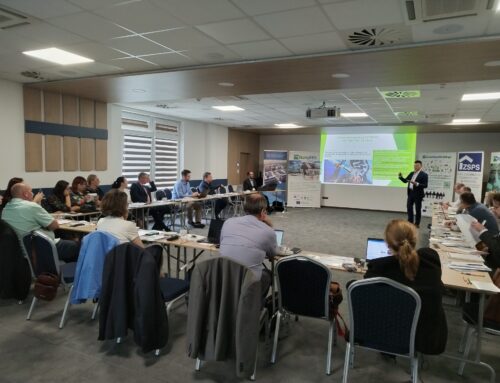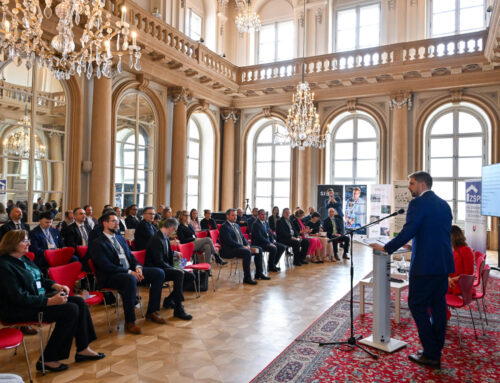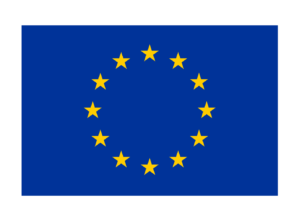This is the subject of a series of roundtables for the professional public organised by the Green Deal for Buildings (GD4B) project supported by Horizon 2020, which is now entering its second half. Its aim is to identify, discuss in open forums and find support for the implementation of measures that will lead to a reduction in the energy performance of buildings. It is looking for motivating factors to increase the number of deep renovations, especially in terms of funding.
During four roundtables attended by representatives of ministries, financial institutions, construction and ESCO companies, academics, as well as representatives of industry organisations, twelve areas from the construction, energy and finance sectors have been discussed so far, resulting in nearly three dozen proposed measures that can accelerate the pace of energy savings in the country.
The topics discussed included the application of hydrogen technology in buildings, energy poverty, energy communities, the role of the National Development Bank in financing savings, ESG and, last but not least, barriers to the wider use of energy service with savings guarantee (EPC), where investments in building energy upgrades are paid for from contractually guaranteed future energy savings, i.e. without the need for an upfront investment. “Currently, this method is most often used by cities, regions and some state-funded organisations, and it should be added that it is successful. If the savings were lower, the difference would be paid by the provider, who would take on most of the project risks. Other state-owned buildings could also be modernised in this way, but the current legislation prevents this. However, the potential for energy savings in these buildings is enormous, so we believe that thanks to the GD4B project we will be able to find a common way to contribute to reducing the energy consumption of state buildings without the need for an initial investment in the necessary modernization, for which the state usually lacks funds in the budget,” says Radim Kohoutek, Executive Director of the Association of Energy Service Providers, one of the project developers.
The next roundtable will take place in Prague on Friday 3 March and will focus on reducing energy consumption in residential buildings. Further discussions will gradually focus on the issue of non-residential buildings and reducing the energy consumption of infrastructure.
The outcome of the eight roundtables will be a roadmap containing all the proposed measures for which the members of the project consortium, which in addition to APES also includes SEVEn, ARI and SPS, will seek support for their implementation. The aim is to reduce energy consumption in buildings, which will also contribute to the state’s Fit for 55 commitments.
Source: apes.cz






